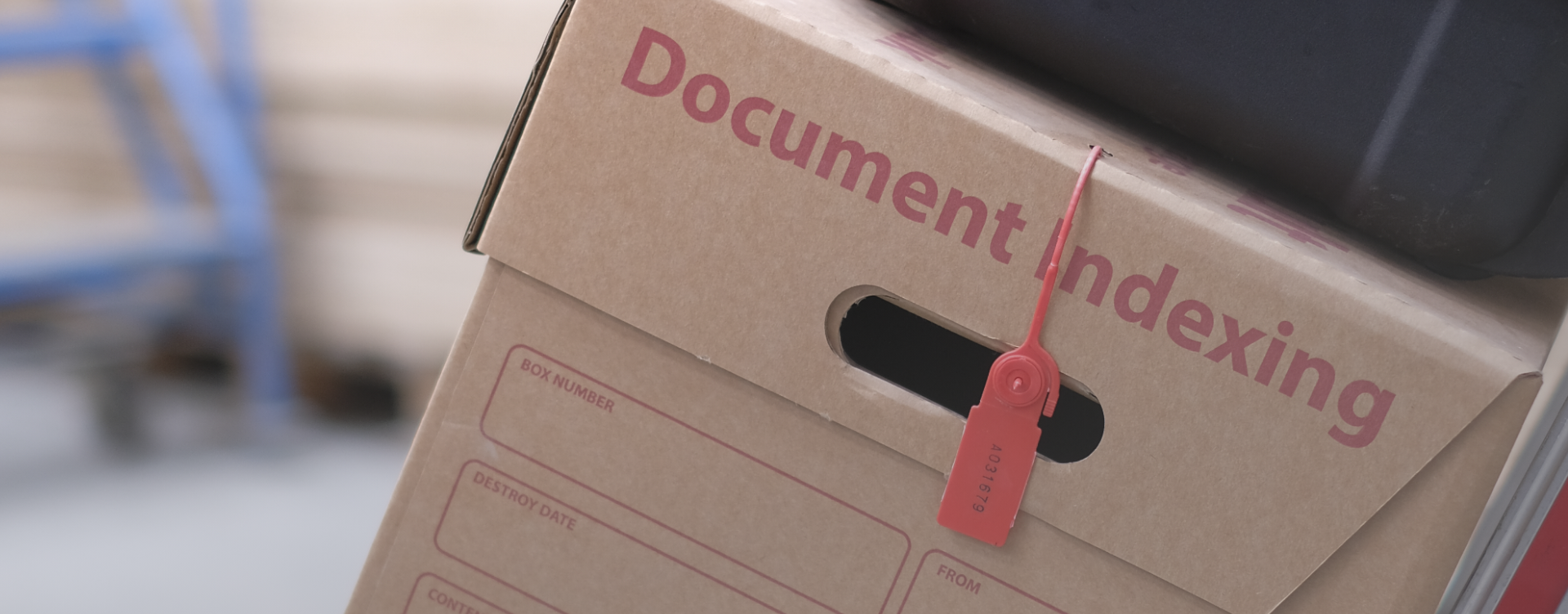If you run a business, small, medium or large, knowing what documents to keep is a challenge; another challenge is knowing how long to keep these documents, particularly as there are different time frames for different types of records. For example, financial records have to be kept longer than HR records; payroll records are on a different timescale to healthcare records; and the list goes on.
Every business should have a document retention policy, and keeping on top of the amount of data and number of documents being generated is not an easy task. But retaining these documents can significantly reduce the risk to your business. And that’s not including the documents you have to keep for legal and regulatory reasons. So, let’s break it down into two parts; what documents should be retained and stored, and how long should many of these documents be kept.
What documents do I need to keep?
Each department in a company is required to keep different records over varying periods of time. This means that companies need to have several document retention schedules which relate to specific departments. Documents that relate to the company’s operations include tax and financial, HR and employment data, legal and medical records, as well as insurance, certificate and payroll details. In the UK, HMRC (HM Revenues & Customs) will penalise companies that don’t retain relevant records for the specific required time, such as three years for PAYE information and Construction Industry Scheme (CIS) documentation.
As a general rule of thumb, tax returns, financial statements and accounting records should be retained for a minimum of six years. This could vary depending on the type of tax that is paid and the industry the business is in. This period of time also applies to employment contracts and business agreements, whereas HR records, except salary and pay details, are kept for a minimum of three years. Below is a general list:
- Business tax returns and relevant records – minimum six years.
- PAYE records – minimum three years.
- VAT records – minimum six years.
- Accounting records and financial statements – minimum six years.
- Employment contracts and business agreements – minimum six years.
- HR records – minimum three years.
- Construction Industry Scheme (CIS) records – minimum three years.
This list is not exhaustive. We highly recommend that you seek professional advice as to what to retain and the length of time necessary.
Today, many of these records can be stored digitally rather than filling rows of filing cabinets. However, there are some documents, such as those with a notary seal or those that have an original signature, which need to be retained as physical copies; check with your accountant or lawyer.
The impact of GDPR
Since the introduction of the General Data Protection Regulation in May 2018, it has become even more imperative to retain documents such as accident records, maternity and paternity records, as well as working time records for a certain period, generally three years. The Information Commissioner’s Office (ICO), the GDPR regulators, provide guidance as to what records need to be retained in order to comply with GDPR. These include:
- Application and recruitment records – six to twelve months.
- Accident records – three years.
- Maternity and paternity records – three years.
- Parental leave records – five years (from birth/adoption) or eighteen years (if child receives disability allowance).
- Pension benefits – twelve years, from end of payable benefits.
- Redundancy records – six years.
- Sickness absence records – three months minimum but could be up to six years from end of employment.
- Personnel/training records – six years, from end of employment.
In truth, these records should have been retained by businesses under the former Data Protection Act but the introduction of GDPR has highlighted what needs to be kept. However, the GDPR does go further in respect to HR departments in that they are now required to state why information is being retained and for how long for every category of personnel data.
A suitable filing system
Whether you’re storing retained documents in a filing cabinet or digitally, it needs to be clearly organised and easy to retrieve at any time. In addition, it is important that a back-up of every retained document is kept, including a scanned, electronic copy of hard documents either on a separate hard drive or in a cloud storage system.
The amount of data a business collects can be huge, and can often appear overwhelming. Making sure that all documents and records are categorised into the right file, catalogued and stored correctly is essential to reducing risk. Filing in an organised way allows for easy identification and retrieval of documents, be it for HMRC or your accountants, to restore a client’s information, or to identify data that is due to be destroyed.
Establishing a document retention schedule for each department enables the business to monitor and analyse their records inventory, thereby reducing administration, legal risks and storage costs as well as ensuring compliance with regulatory bodies. Many businesses partner with a dedicated document and archive storage company, such as Archive Vault, who understand the nature of your business and are able to assist in the categorisation and management of a business’s records inventory.
Archive Vault is able to help businesses create databases and organised records, ensuring that they are accurately indexed for easy retrieval, and keeping the records protected throughout their retention lifecycle until they are due to be destroyed.
At Archive Vault, we understand the importance of document management, helping businesses to not only meet the legal and regulatory obligations, but also securely organise, categorise, store and retrieve information at the right time, for the right people, in the right place. We specialise in making the process of document archiving, simple and seamless.











